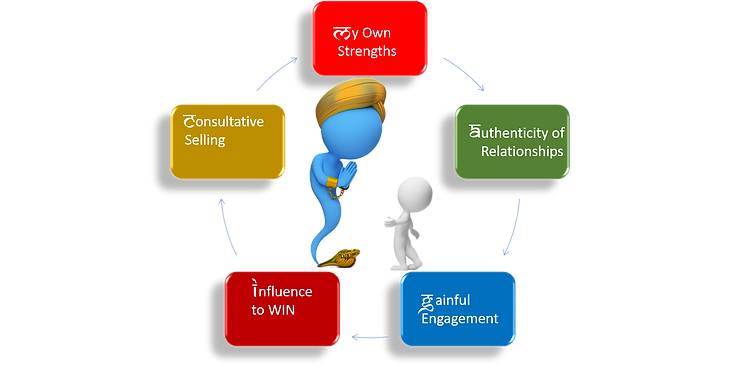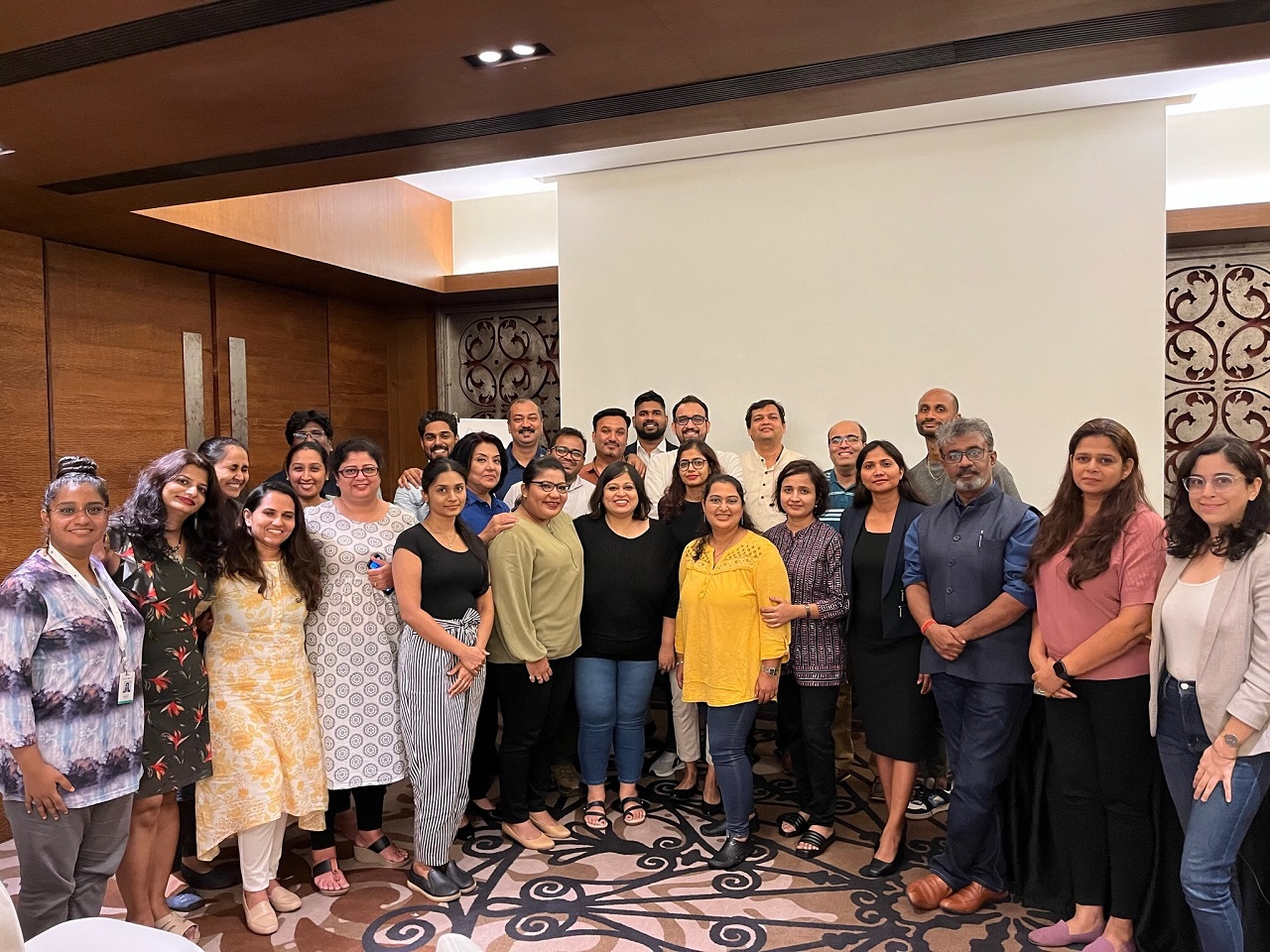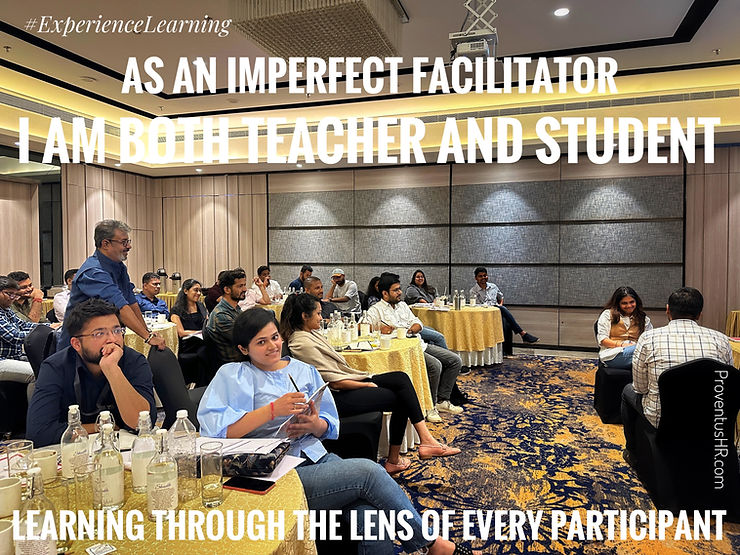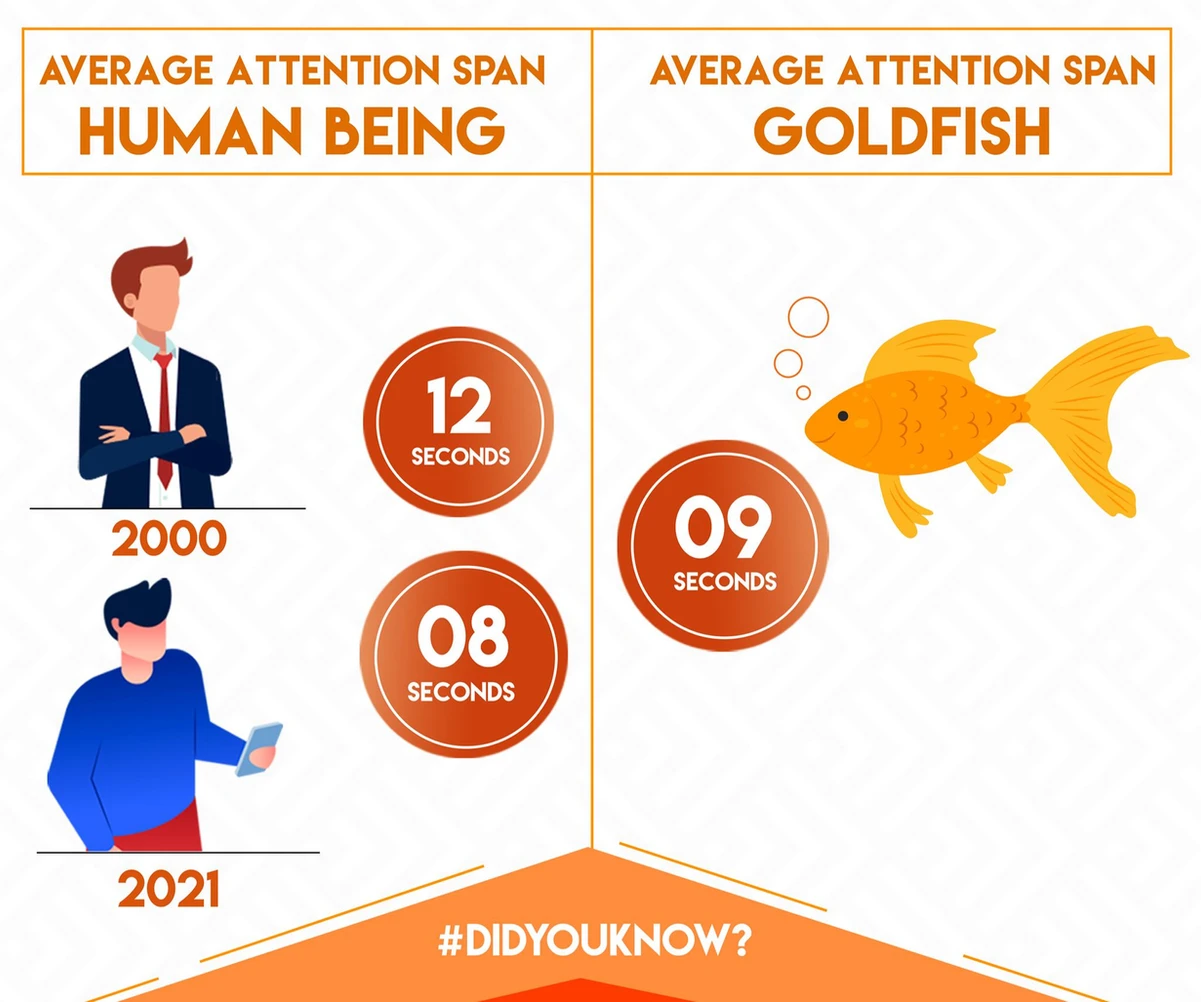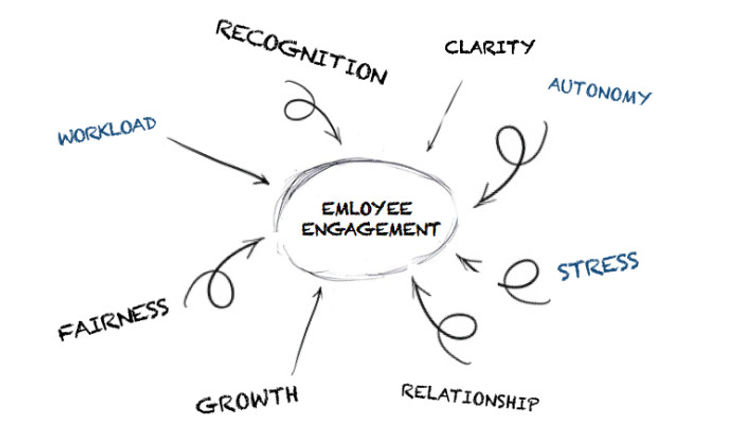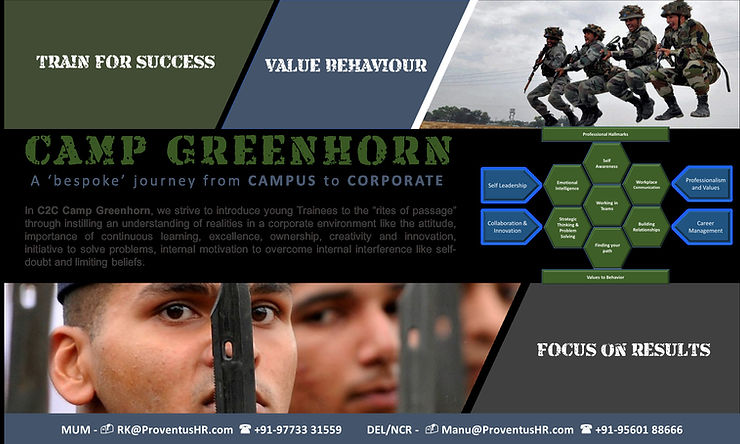When the sales executive/team is young, new to the field, up and out in the sales ‘season’ there is tonnes of energy and passion in making sure we make our ‘numbers’. Numbers that matter to us on a daily, weekly, monthly, quarterly and annual basis; whatever time perspective we chose, the numbers are critical, and at the end of every performance period the point of departure comes to ground zero and the meter starts again. The beginning of the new performance period has the pressures of finding avenues to ‘make the numbers’, yet again!
So, how do the young sales executives, the ‘feet on street’ the engine that supplies the numbers, up their game to think beyond the mere numbers of sales. The Magic required to minimise the sales cycle period on period, revolves around nurturing sustainable relationships with the customers who play a strategic role in the growth of the organisation.

Where time is short and every number counts, the Magic is to actually spend more conscious effort and time in selling, even though that may seem counterintuitive. The difference is that, for every prospect client, one should pay a lot more attention to identifying that special, passion-infused, magic formula that moves a prospect from interest to trial right in front of the eyes. While one cannot adopt “magic” as an instant recipe for growth, one must make it a habit to consistently practice the principles for sustained long term returns.
“People do not buy goods and services, they buy relations, stories, and MAGIC”
MAGIC are the 5 pillars critical for every sales person to build a strong foundation to a successful sales career.
My Own Strengths: Understanding Self: It is important for every sales professional to introspect and understand their priorities on personal and work values and identify the areas of congruence and inconsistencies. The outlying inconsistencies is what one may want to look at as areas of strength or opportunities of improvements. It is important for to bring in alignment in personal and work priorities to channelise the energies spent on the sales efforts.
Authenticity of Relationships: Looking at sales as merely selling vs an art of Relationship Management can make a world of a difference to the business outcomes in the long term, unless the nature of business is such that only the ‘here and now’ matters. The sales executive/team/function is look at by the customers on the maturity framework with relationships as the key axis. Are you ‘clumped’ in that the customer has not identification of recollection or as a sales owner, are you at the other end of the spectrum where ‘reciprocity’ is natural and both the parties are interested in keeping the relationship as a WIN WIN channel for growth and progress.
Gainful Engagement (Customer Centricity): Is it enough to have a business model that revolves around customer-centricity?. Perhaps not, a customer centric business model only provides for a framework where the various stages of customer lifecycle are designed to be managed keeping in mind the benefit of the customer. What becomes crucial to give this a form in the real world is for the sales team to have a customer centric mindset. Giving the customer a gold standard experience through the entire pre-during and post sales process is what separates a successful sales leader from one who isn’t.
Influencing to WIN: The art of questioning establishes a good foundation for the sales process, fostering openness and creating relevant dialogue with the customers to uncover, explore, shape and define their needs. With a strong relationship established, understanding how emotions play an enhanced role in the sales environment on the Interest and Engagement axes, makes it easier for the sales team to use various levers of influence that can be used to drive customer decisions.
Consultative Selling: Moving from a product seller to a solution seller or a trusted advisor is like moving from a ‘Need-response’ situation to a ‘Need-Creation’ situation. With consultative selling the customer’s needs are the focal point of the conversation, to understand the customer’s goals including the problems they’re trying to solve and the goals they’re trying to achieve and then co-creating a solution. With this mindset salespeople begin to get an insight into the customer’s current state and desired future state and help channelise the sales efforts to bridge the gap by overcoming the challenges the customers face. Adapting a role of a companion in the customer’s journey to success, automatically improves customer satisfaction and retention, increase in customer referrals and overall improved customer loyalty and the ability to become a key differentiator in the customer marketplace.


